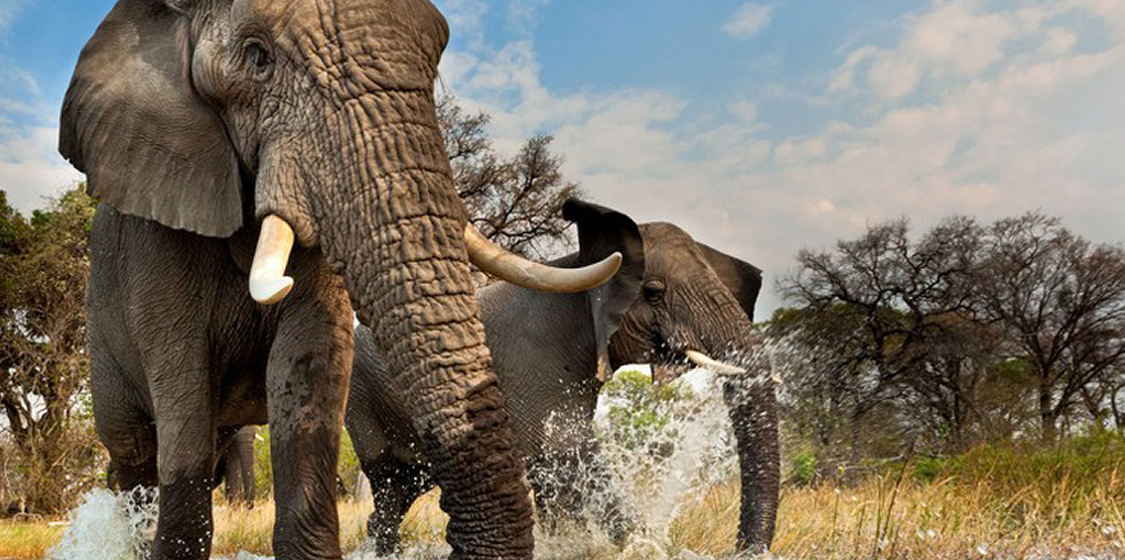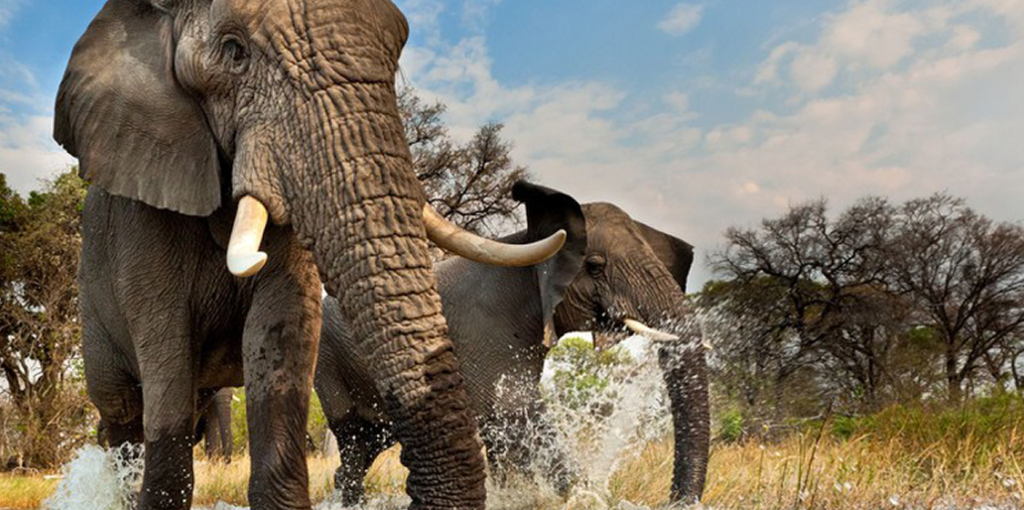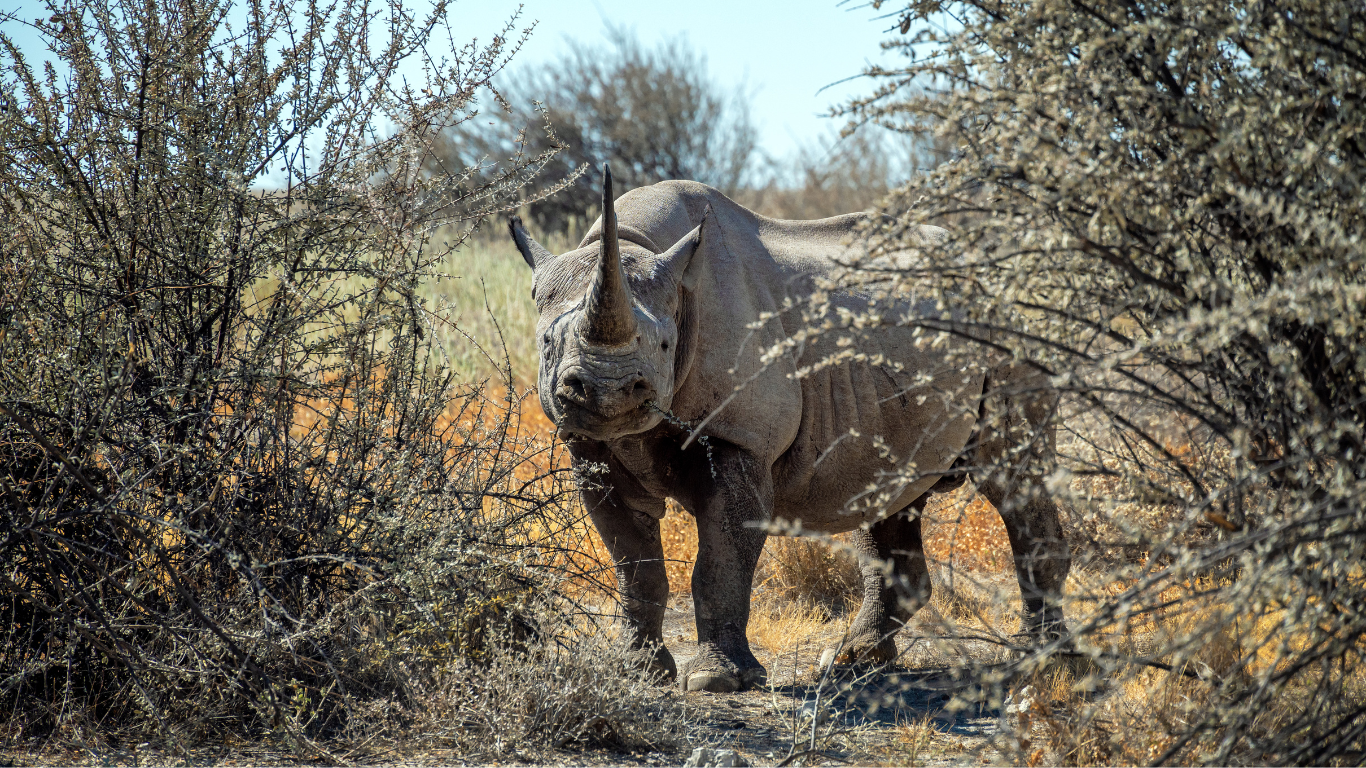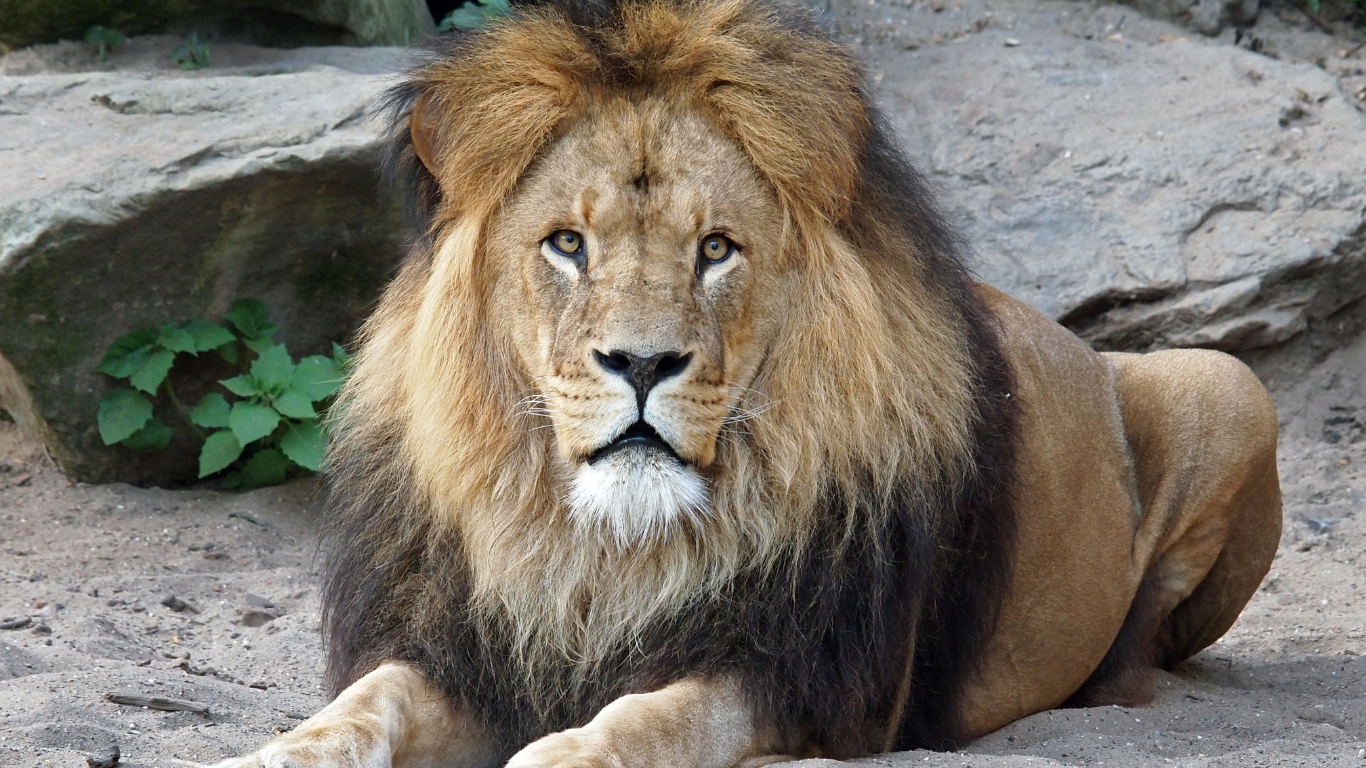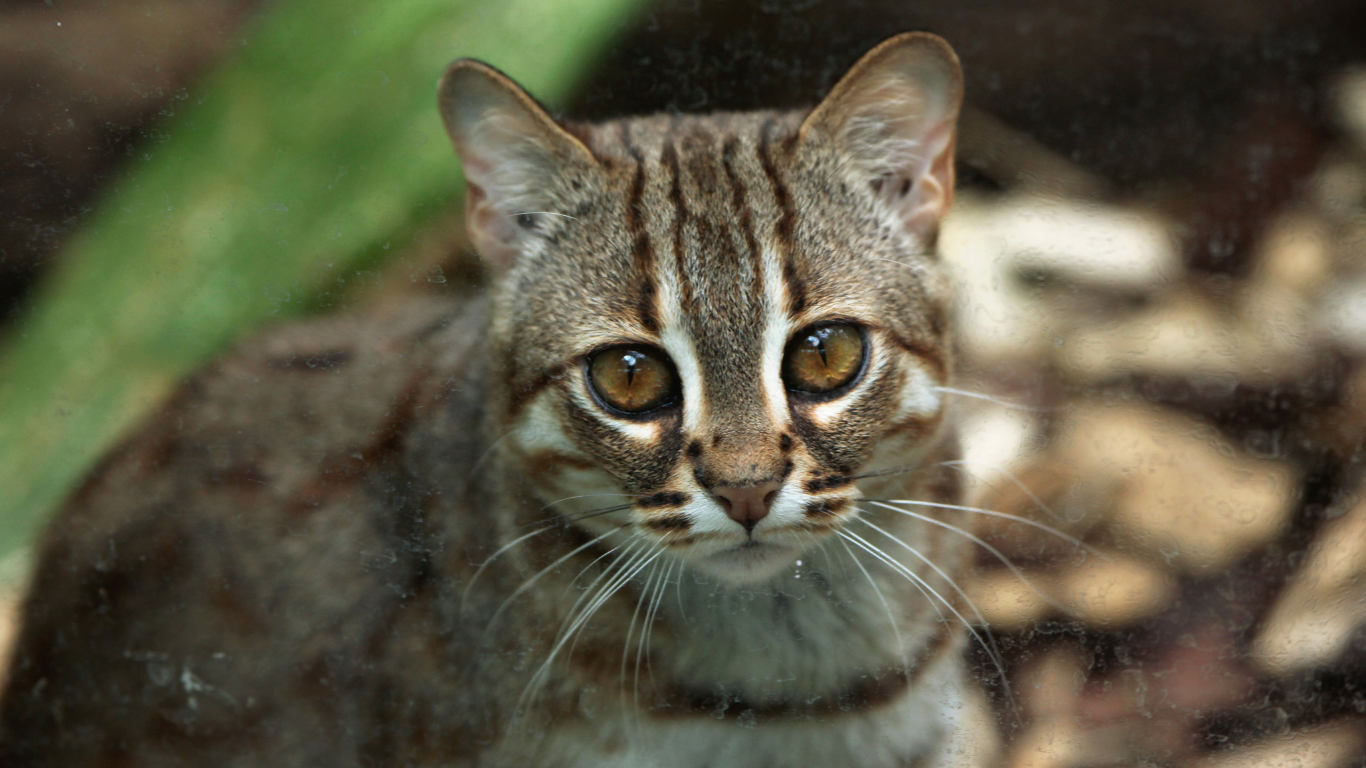While Botswana’s elephant population has been stable at around 130 000 animals for the past 15 years, conservationists have expressed serious concerns that poaching syndicates that have decimated elephant populations in East and Central Africa are moving south, making Botswana their next target.
This follows the discovery in September of the bodies of 87 elephants, most with their tusks hacked off, close to the protected Okavango Delta. And, conservationists say, there has been an indisputable increase in poaching incidents in the country. A worrying trend is that, to date, the vast majority of the casualties are large elephant bulls with heavy tusks that are seemingly being tracked and shot to order by criminal syndicates.
In response to these alarming signs, Botswana’s world-renowned safari tourism industry has begun to organise itself, with a view to working in partnership with the anti-poaching unit of the Botswana Department of Wildlife and National Parks. Although this unit is relatively small, it is supported by the much larger and fully armed anti-poaching units of the Botswana Defence Force. Until recently, these forces have combined to stop widespread poaching activity, making Botswana a haven for Africa’s increasingly threatened wildlife.
According to reports, in northern Botswana, an anti-poaching group made up of a number of competing, but concerned safari operators has been established to assist the government’s anti-poaching efforts. Although the group does not have the authority to conduct law enforcement operations, is is able to provide support if and when incidents occur.
The group has advocated the allocation of vacant wildlife concessions in Ngamiland, around the Okavango Delta and along the boundaries of Chobe National Park. This would not only bring additional tourism revenue for the Botswana government, it would create employment for local communities. Importantly, conservationists say that it would mean more eyes and ears on the ground, with safari vehicles traversing large areas that are currently unpopulated and where poachers have free rein.

